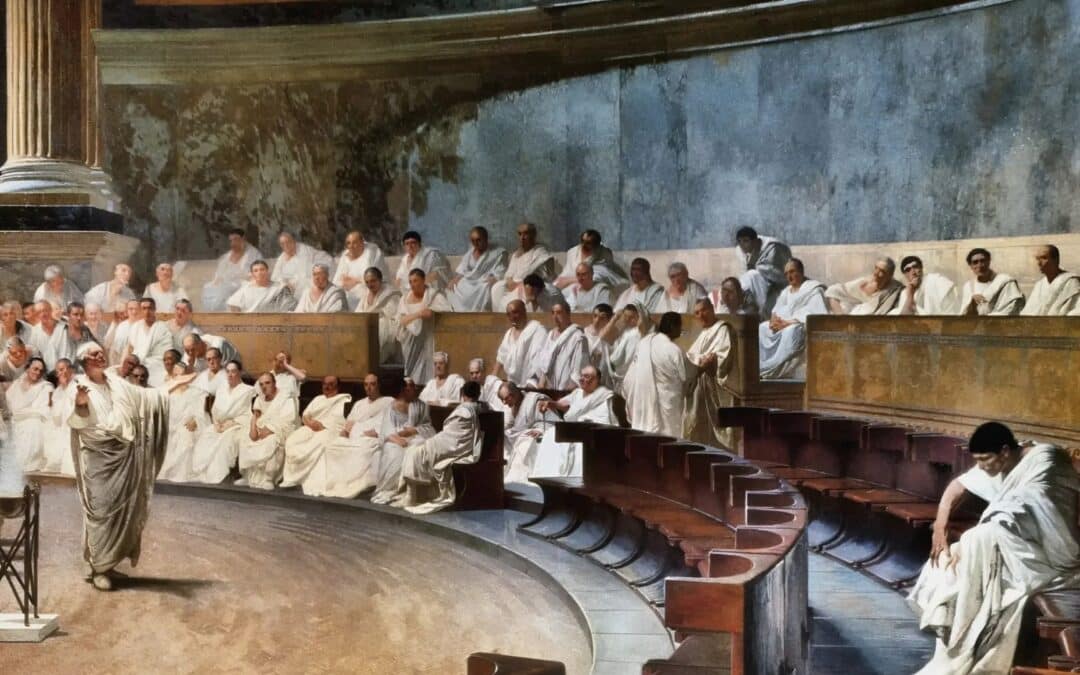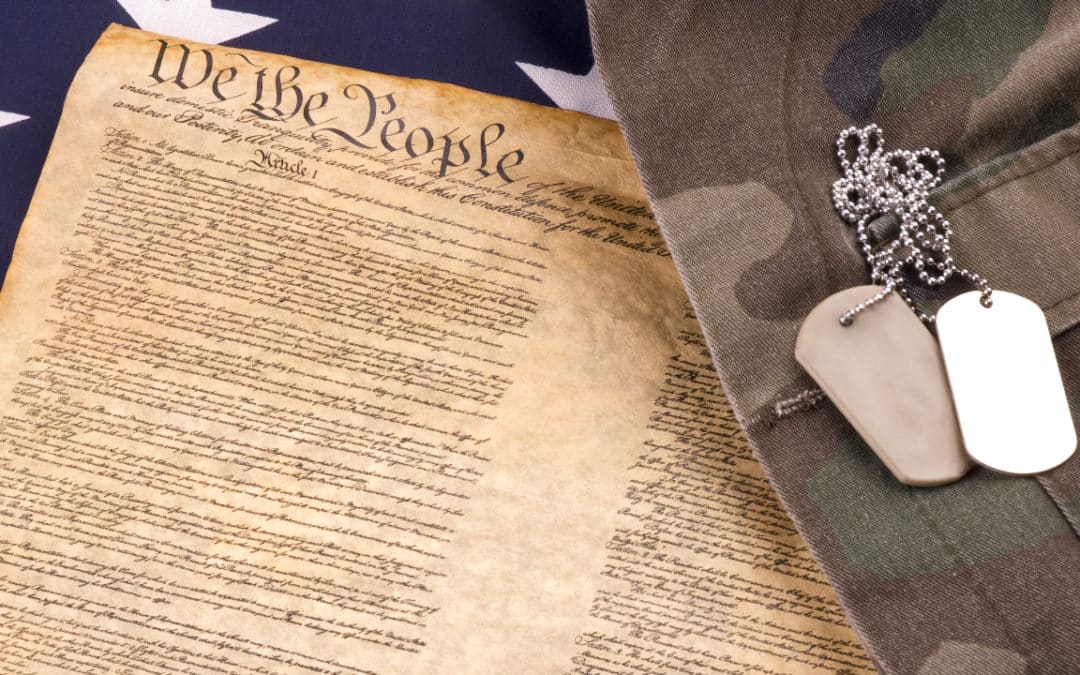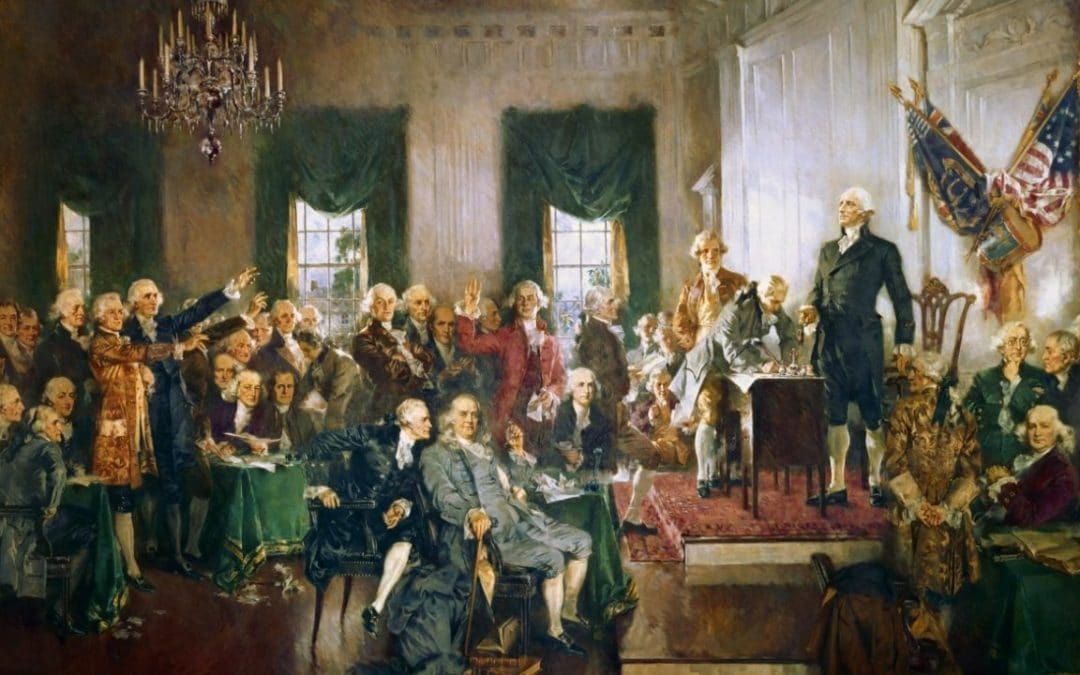


Ancient Rome and the Constitution
You cannot fully understand the Constitution without knowing how the Founders were affected by the saga of ancient Rome. Part I: Rome in Founding-Era Culture Last year, the Internet resounded with chatter about how much American and British men ponder the subject of...
President Trump, the Constitution, and the National Guard Cases
How extensive is the President’s power to deploy state units of the National Guard for federal law enforcement? On June 19, the United States Court of Appeals for the Ninth Circuit ruled in Newsom v. Trump that the President could deploy the Guard to protect federal...
Who Called the Constitutional Convention? The Commonwealth of Virginia
A “call” to an interstate convention is an invitation for state representatives to meet at a particular time and place to discuss prescribed issues. During the Founding Era, convention calls were issued by the Continental and Confederation Congresses, by prior...
